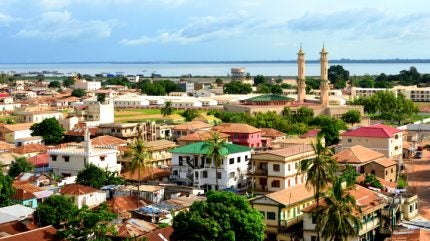
One of Africa’s smallest nations has been laying the groundwork to attract foreign direct investment (FDI), and it is paying off.
The Gambia’s FDI inflow exploded from $18 million in 2017 to an all-time high of $249 million in 2021.
UNCTAD’s recommendations
In 2017, UN Trade and Development (UNCTAD) gave The Gambia an investment policy review. The report found that “supply side constraints, vulnerability to exogenous shocks and remaining regulatory and institutional bottlenecks” were harming the country’s ability to attract FDI.
It called on the government to adopt policies to facilitate investment. These included increasing private-public sector cooperation and clarifying regulations to decrease discretionary interpretation.
Gaining ground
The Gambia proceeded to implement a lot of these recommendations.
It reformed investment legislation, regional investment agreements, started using e-government tools and fostered collaboration between the public and private sectors.
The reforms have made business leaders perceive The Gambia differently. Ben Koselar, who launched fintech platform Wave in the country in 2023, said that there was “tremendous potential for growth.”
He commented that “of all the countries we’ve worked in, Gambia is at or near the top for ease of doing business.”
Contextualizing the success
Today’s FDI landscape is undergoing a structural shift. Investments in manufacturing are stagnant, if not negative, and the service sector is soaring.
This shift favors developed countries and those with emerging markets. Therefore, the countries with the most to lose are lower income countries like The Gambia.
However, its success in attracting FDI presents a potential blueprint for other low-income countries that are at risk of exclusion.



